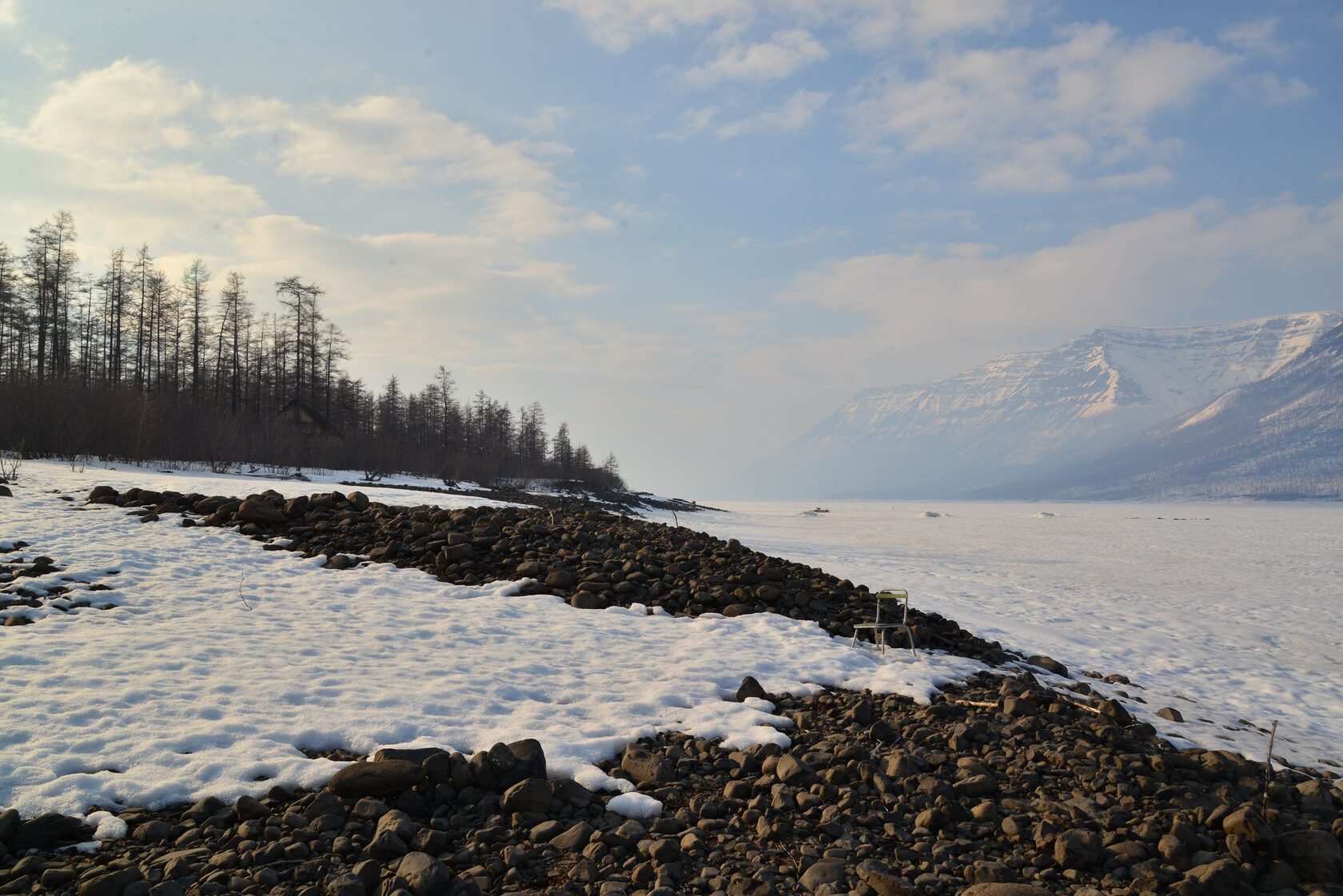Clearly, it may be impossible to restore climate on Earth to early 20th century levels in the near term. The modern world and conveniences that we are so used to require massive amounts of hydrocarbons for use in the power and transportation sectors.
Scientists have already developed a whole series of climate scenarios based on shared socio-economic pathways (SSPs).
The most popular scenarios for climate analysis include SSP1-2.6, SSP2-4.5 and SSP5-8.5. Each scenario projects a rise in global surface air temperature relative to the early 20th century levels. Still, we are not powerless to meet this challenge: global warming can be slowed and stabilized at a certain rate.
Scientists have already developed a whole series of climate scenarios based on shared socio-economic pathways (SSPs).
The most popular scenarios for climate analysis include SSP1-2.6, SSP2-4.5 and SSP5-8.5. Each scenario projects a rise in global surface air temperature relative to the early 20th century levels. Still, we are not powerless to meet this challenge: global warming can be slowed and stabilized at a certain rate.
According to the Intergovernmental Panel on Climate Change (IPCC), there is a 50% chance of limiting warming to 1.5°С
provided that CO2 emissions from 2025 until the end of the century do not exceed 450 billion tonnes. This is referred to as the Global Carbon Budget.
To stay in line with the carbon budget, all countries must become carbon neutral, i.e. substantially reduce atmospheric GHG emissions and compensate for the remaining carbon footprint through special measures like absorption of atmospheric CO2 by forests and ecosystems in general, and application of new technology.
Many governments have already announced their commitments to go carbon neutral and minimize emissions by the middle of the 21st century: many developed countries set targets to achieve carbon neutrality by 2050; Russia, China, Brazil, SAR, and Kazakhstan by 2060-, and India by 2070.
This will require fundamental transformations across all industries and societies: electricity production, transportation, crop and livestock farming, which also contribute to the increase in atmospheric GHG emissions. Fortunately, this trend enjoys support from both governments and technological advances.
Many governments have already announced their commitments to go carbon neutral and minimize emissions by the middle of the 21st century: many developed countries set targets to achieve carbon neutrality by 2050; Russia, China, Brazil, SAR, and Kazakhstan by 2060-, and India by 2070.
This will require fundamental transformations across all industries and societies: electricity production, transportation, crop and livestock farming, which also contribute to the increase in atmospheric GHG emissions. Fortunately, this trend enjoys support from both governments and technological advances.
The current ready-to-use technology
can address more than 70% of emissions.
The cost of solar panels and wind turbines is gradually decreasing and many developed countries are expanding their renewable energy capacity. In parallel, carbon capture and storage technologies that mitigate climate impacts are being developed. 'Green' vehicles like electric cars and hybrids are becoming more common in larger cities.
As current UN Secretary-General António Guterres has pointed out, "the climate emergency is a race we are losing, but it is a race we can win”.
Read Nornickel’s 2024 Climate Report to find out more about the company's efforts towards carbon neutrality.
As current UN Secretary-General António Guterres has pointed out, "the climate emergency is a race we are losing, but it is a race we can win”.
Read Nornickel’s 2024 Climate Report to find out more about the company's efforts towards carbon neutrality.
Nornickel Photobank
